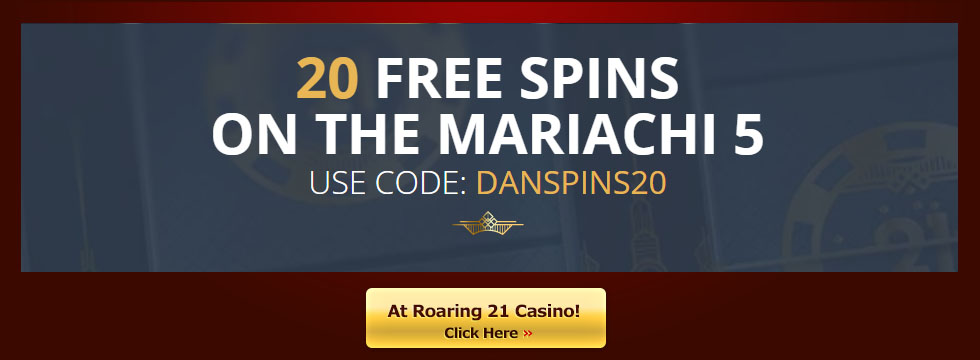Omaha Hold’Em (more commonly known as simply Omaha) is one of the most popular poker games in the world of poker. It is very similar to Texas Hold’em in that you are dealt hole cards and then there is a flop, turn and river. However, in Omaha you are dealt four hole cards where you can only use two. Thanks to the additional cards you will see a lot more action in people in the hand as there are a lot more possible outs for players.
Because of the heavier action, it is more important than ever to know what the probabilities that your draw will hit and the likelihood that it is the best hand out there. We have written up this article in order to help you calculate probability in Omaha Hold’em poker.
Understanding how to calculate the odds in Omaha poker will give you an edge when playing the game. Each player is dealt four cards; there are 270,725 different combinations that can exist from a 52-card deck. Calculating odds for Omaha Poker is complicated, and there are charts and digital calculators are available to make it easier to track the odds in this complex game.
Turn only probability increases by 2.22% with each out, and Turn and Odds Probability increases by 4.44% with each out. River only odds decrease from 1 in 44 in the first out, to 1 in 22 in the second out, to 1in 14.7 in the third, and so on.
Turns only odds diminish in a similar fashion. Turn and River probability increases with each out, starting at 4.44%, increasing with each odd, as does River Only probability, starting with 2.27%.
These are not easy numbers to work with, so a player wishing to be successful playing Omaha Poker is advised to study the charts and learn how to use the online calculators to track probability during game play. Some of it will come natural, but the more complex hands have more complex numbers. It is best to study and to play a lot of hands to get the hang of things.
Players who can understand and calculate the odds in this complex game will have an edge over any opponent. While the basic rules of poker are still true, Omaha can be a lot of trouble for people to learn as the game is slightly complex.

Of course, the amount of outs you have increases when playing Omaha Hi/Lo. This is a game in which there is both a high pot and a low pot that is up for grabs. The low pot is won by having a hand with no pairs and no card above eight. It is possible to win both the high and the low pot with a single hand so you won’t always see split pots in this game. Flushes and straights don’t count for the low hand, but they do for the high so that is one way in which a person could take down both pots.

| # | Online Casino | Reason | Visit |
|---|---|---|---|
| 1 | Solid games, excellent deposit bonus | ||
| 2 | Unique Game Selection | ||
| 3 | $22 No Deposit Bonus just for registering |
Additional Omaha Probability Questions:
hello. I am a recreational holdem player and I have been playing for many many years. I’m starting to transition more into PLO and I’m having a friendly argument with a fellow poker player. I hope you can answer my question.
It is his feeling if you were for example to flop a flush draw you would have less chances of hitting because more cards are dealt therefore there are less outs. My feeling is the odds shouldn’t change. Because you don’t know what the other players are holding. You cannot assume that they’re holding the cards that you need to complete your flush – in fact maybe they’re holding all the ones you don’t need so I would think the odds/percentages should not change.
I understand that the pots get big therefore you should be drawing primarily to the nuts and better yet have multiple draws but I’m looking for a simpler answer just on for example a flush draw flop.
You are correct in regard to this. The percentages would be practically the same, due to no other cards.
It would also be slightly dependent on your own hand. If you have two hearts and two non-hearts, and the flop is two hearts and a non-heart – the odds of getting a flush would actually increase slightly, due to the two non-hearts in your hand.
Related Questions:

| # | Online Casino | Reason | Visit |
|---|---|---|---|
| 1 | Solid games, excellent deposit bonus | ||
| 2 | Unique Game Selection | ||
| 3 | $22 No Deposit Bonus just for registering |







